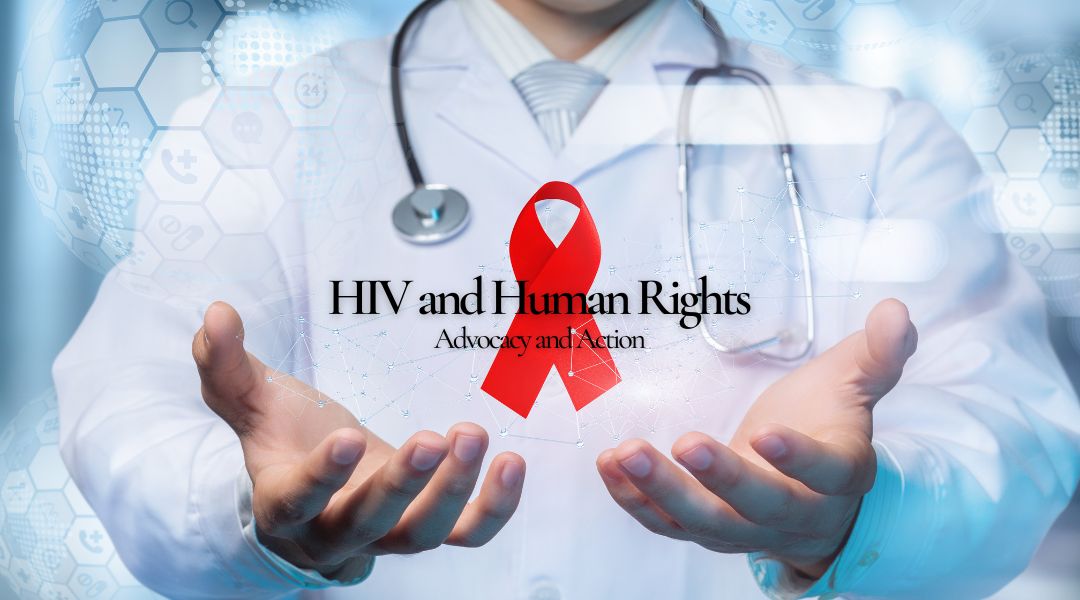HIV (human immunodeficiency virus) is a serious health condition that affects millions of people worldwide. While advances in medical treatment have made it possible to manage HIV, individuals living with HIV still face discrimination and unequal access to care. The intersection of HIV and human rights is complex and requires advocacy and action to promote equal rights and access to care for all. In this article, we will explore the importance of HIV-related advocacy and ways to take action to promote equal rights and access to care for people living with HIV.
The Intersection of HIV and Human Rights
People living with HIV face a range of human rights violations, including discrimination, stigma, and unequal access to care. Discrimination can take many forms, including denial of employment, housing, and healthcare. Stigma and discrimination can also lead to social isolation, which can negatively impact mental health and quality of life.
Equal access to care is crucial for people living with HIV. Access to life-saving medications and healthcare services can make a significant difference in managing the virus and preventing the progression to AIDS (acquired immunodeficiency syndrome).

Advocating for Equal Rights and Access to Care
Advocacy is a crucial component of the fight against HIV-related stigma and discrimination. Here are some ways to take action and advocate for equal rights and access to care for people living with HIV:
- Speak Out Against Discrimination: Speak out against discrimination when you see it. This can include calling out discriminatory language or behavior, sharing information about HIV-related stigma and discrimination on social media, and advocating for policy changes to promote equal rights and access to care.
- Get Involved in Advocacy Groups: Join an advocacy group or organization that works to promote equal rights and access to care for people living with HIV. These groups may offer education and training, as well as opportunities to participate in advocacy and activism.
- Support Policy Changes: Support policy changes that promote equal rights and access to care for people living with HIV. This can include advocating for increased funding for HIV-related services and healthcare, as well as supporting policies that promote equal access to employment, housing, and healthcare services.
- Educate Yourself and Others: Educate yourself and others about HIV-related stigma and discrimination. This can include sharing information about HIV transmission and prevention, as well as promoting education and awareness about HIV-related discrimination and its impact on individuals living with HIV.
In conclusion, the fight against HIV-related stigma and discrimination requires advocacy and action to promote equal rights and access to care for all. By speaking out against discrimination, getting involved in advocacy groups, supporting policy changes, and educating yourself and others, you can make a difference in the fight against HIV-related stigma and discrimination. Together, we can promote equal rights and access to care for people living with HIV and work towards a world free from HIV-related discrimination and stigma.

